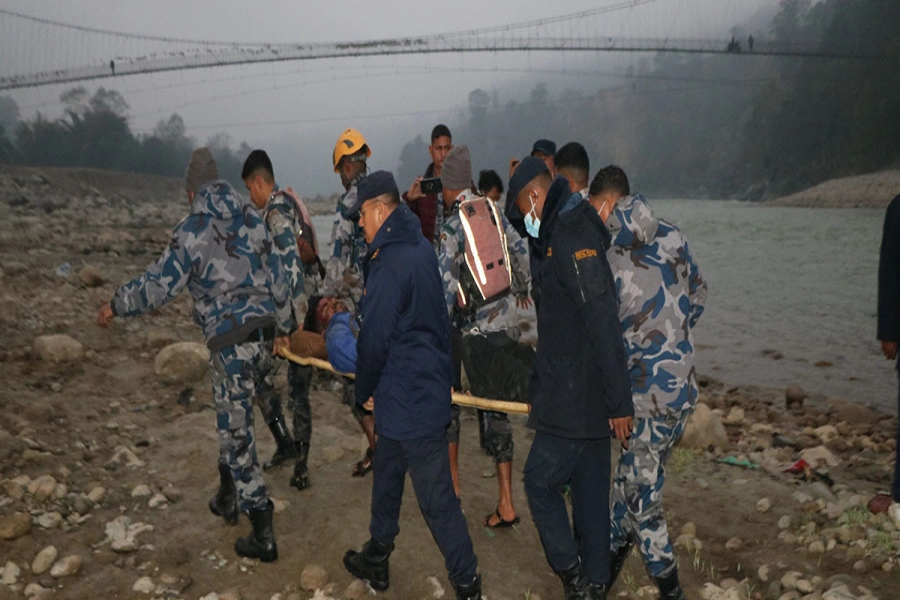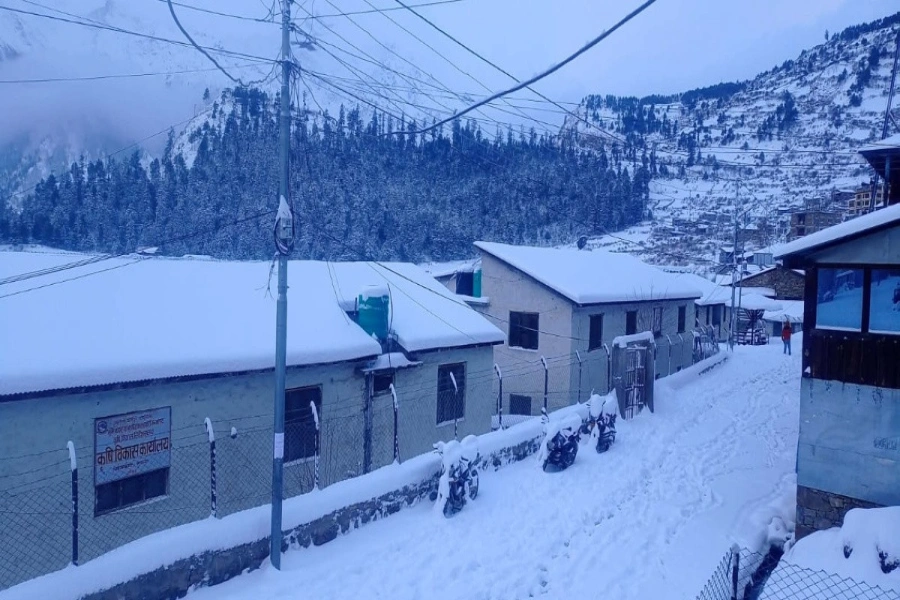In recent years, Nepal has seen numerous cases of corruption and misconduct by politicians. In many cases, these politicians have been able to evade punishment due to their political connections and influence. This lack of accountability has eroded public trust in politicians and the political system as a whole. This has put the fate of democracy in the country itself in serious jeopardy.
Rastriya Swatantra Party's (RSP) decision to expel Dhaka Kumar Shrestha from the party and strip him of his lawmaker position is a commendable move. The decision sends a strong message that political parties in Nepal should hold their members accountable for their actions and set an example for others to follow. The decision to expel Shrestha came after an audio clip was released of him demanding Rs 20 million from a controversial medical entrepreneur, Durga Prasain. In the clip that subsequently went viral on social media platforms, Shrestha is heard claiming that he was going to become the health minister and that he would have to submit the amount to the party's core team.
Setting a bad precedent

Following the release of the audio clip, RSP's Disciplinary Committee sought clarification from Shrestha, who was also interrogated in the party's Central Committee meeting. In the meeting, RSP President Rabi Lamichhane confirmed that the audio clip belonged to Shrestha and accused him of repeatedly changing his bid and standing in bargaining with the party leadership. Lamichhane also stated that Shrestha threatened the party if they decided to take action against him. It is heartening to see a political party take swift action against a member who has been accused of wrongdoing. This move sets a good precedent for other political parties to follow. It is crucial for political parties to hold their members accountable for their actions, especially those who hold positions of power. This accountability ensures that political parties are able to ensure good governance, transparency, and accountability.
In recent years, Nepal has seen numerous cases of corruption and misconduct by politicians. In many cases, these politicians have been able to evade punishment due to their political connections and influence. While the anti-graft bodies choose not to take any action against them, society in general also has started taking this for granted, giving rise to the corruption in Nepal. This lack of accountability has eroded public trust in politicians and the political system as a whole. This has put the fate of democracy in the country itself in serious jeopardy. Therefore, it is crucial for political parties to take action against members who engage in wrongdoing. Political parties should not only expel such members but also ensure that they are held accountable for their actions through legal means. This accountability will help to restore public trust in politicians and the political system.
RSP's decision to expel Shrestha is a step in the right direction. The party has shown that it values integrity and accountability and is willing to take action against members who engage in wrongdoing. We should all appreciate this bold move of the newly-formed party. As a newspaper, we believe that other political parties in Nepal should follow suit and hold their members accountable for their actions. Needless to say, RSP's decision to expel Dhaka Kumar Shrestha from the party and strip him of his lawmaker position sets a good precedent for other political parties to follow and emphasizes the importance of accountability in politics. It is crucial for political parties to hold their members accountable for their actions to ensure good governance, transparency, and accountability. We hope that other political parties in Nepal will take similar action to restore public trust in politicians and the political system.







































